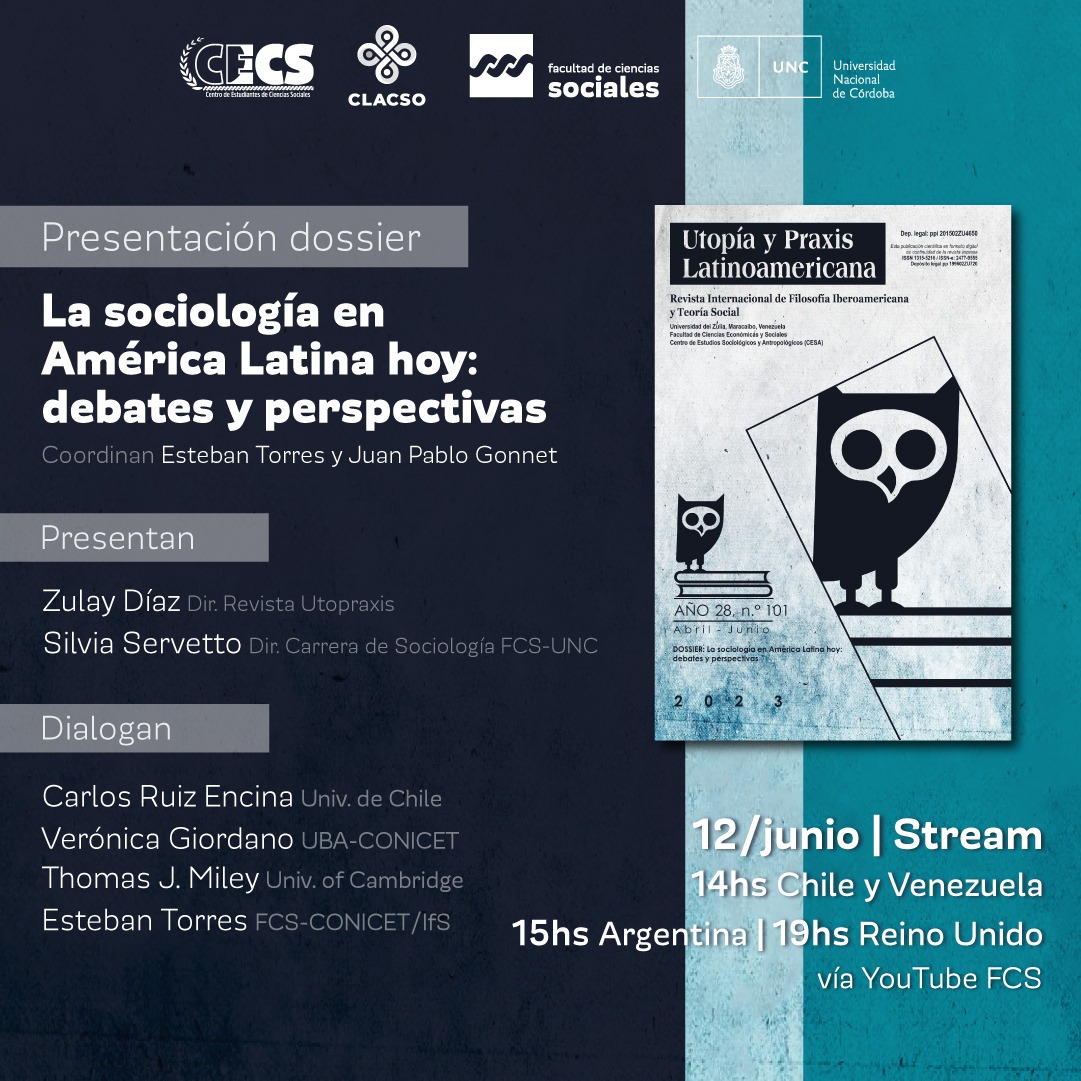Typological characteristics of the Kazakh family folklore
Resumen
ABSTRACT
In the article, some aspects of wedding traditions in Kazakh folklore have been studied with the traditions and customs of the world’s nations. The object of the study is the typological nature of kyzuzatu tradition and the formulation of the old-fashioned concept of the betashar genre in the tradition of meeting the bride. The main point of the article is the scientific conclusions made by analyzing the values of family folklore and their educational significance, which have been forming for centuries, comparing them with the traditions of the world’s nations.
RESUMEN
En el artículo se han estudiado algunos aspectos de las tradiciones nupciales en el folklore kazajo con las tradiciones y costumbres de las naciones del mundo. El objeto del estudio es la naturaleza tipológica de la tradición kyzuzatu y la formulación del concepto anticuado del género betashar en la tradición de conocer a la novia. El punto principal del artículo es que las conclusiones científicas se obtienen al analizar los valores del folclore familiar y su importancia educativa, que se han estado formando durante siglos, comparándolos con las tradiciones de las naciones del mundo.
Citas
ABUDOURIYIMU, R, & TUXUNAYI, A (2018). “Study on Wedding Customs in Uygur Folk Dastan”. In International Conference on Contemporary Education, Social Sciences, and Ecological Studies (CESSES 2018). Atlantis Press.
BASCOM, WR (1953). “Folklore and anthropology”. The Journal of American Folklore, 66(262), pp. 283-290.
COLLINS‐NELSEN, R, & PUDDEPHATT, AJ (2018). “Gender, Artifacts, and Ritual Encounters: The Case of Tomboy Tools Sales Parties”. Canadian Review of Sociology/Revue canadienne de sociologie, 55(4), pp. 555-578.
DASHIBALOVA, DV (2018). “Notes on the archival folklore records of the buryat epic" geser"”. Культура Центральной Азии: письменные источники, (11-1), pp. 103-108.
DUISENBAYEV, AK, BALTYMOVA, MR, AKZHOLOVA, AT, BAZARGALIYEV, GB, & ZHUMAGAZIYEV, AZ (2016). “Study of Problems of Individual's Social Education”. International Journal of Environmental and Science Education, 11(15), pp. 7899-7905.
ELLIOTT, S (2016). “Challenges to safeguarding minority intangible cultural heritage in Turkey”. The Routledge Companion to Intangible Cultural Heritage, p. 167.
FOUTZ, JW (2017). “Music of Azerbaijan: From Mugham to Opera by Aida Huseynova”. Notes, 74(2), pp. 253-256.
GULMURZAEVNA, AN (2018). “Karakalpak Folklore: The Epos “Alpamysh” and its Role in the Spiritual Life of People”. ANGLISTICUM. Journal of the Association-Institute for English Language and American Studies, 7(6), pp. 41-48.
GUSFIELD, JR, & MICHALOWICZ, J (1984). “Secular symbolism: Studies of the ritual, ceremony, and the symbolic order in modern life”. Annual review of sociology, 10(1), pp. 417-435.
KOLPETSKAYA, O, GAVRILOVA, L, & KHOLODOVA, M (2016). “The Prospects of Studying the National Ballet (Evidence from Musical Works by the Composers of the Republic of Buryatia)”. American Historical Review, 121(5), pp. 2107-2012.
MAKSUDOVNA, MN (2018). “Traditional dresses of brides in horezm bridal wedding ceremonies”. International Journal of Advanced Research in Management and Social Sciences, 7(12), pp. 81-85.
OINAS, FJ (1961). “Folklore Activities in Russia”. The Journal of American Folklore, 74(294), pp. 362-370.
WHITTAKER, S (2019). “A Turkish Musical Insider Case Study: Liturgy, Self-identity and Spiritual Formation”. Fuller Theological Seminary, School of Intercultural Studies.












